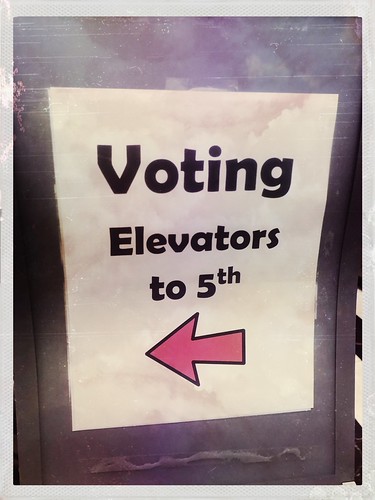ProPublica reports:
Eight years ago, the IRS, tired of seeing the country’s largest corporations fearlessly stash billions in tax havens, decided to take a stand. The agency challenged what it saw as an epic case of tax dodging by one of the largest companies in the world, Microsoft. It was the biggest audit by dollar amount in the history of the agency.
Microsoft had shifted at least $39 billion in U.S. profits to Puerto Rico, where the company’s tax consultants, KPMG, had persuaded the territory’s government to give Microsoft a tax rate of nearly 0%. Microsoft had justified this transfer with a ludicrous-sounding deal: It had sold its most valuable possession — its intellectual property — to an 85-person factory it owned in a small Puerto Rican city.
…Meanwhile, the numbers Microsoft had used to craft its deal were laughable, the agency concluded. In one instance, Microsoft had told investors its revenues would grow 10% to 12% but told the IRS the figure was 4%. In another, the IRS found Microsoft had understated revenues by $15 billion.
Determined to seize every advantage against a giant foe, the small team at the helm of the audit decided to be aggressive. It used special powers that the agency had shied away from using in the past. It took unprecedented steps like hiring an elite law firm to join the government’s side.
To Microsoft and its corporate allies, the nature of the audit posed a dire threat. This was not the IRS they knew. This was an agency suddenly committed to fighting and winning. If the aggression went unchecked, it would only encourage the IRS to try these tactics on other corporations.
“Most people, the 99%, they’re afraid of the IRS,” said an attorney who works on large corporate audits. “The other 1%, they’re not afraid. They make the IRS afraid of them.”
Microsoft fought back with every tool it could muster. Business organizations, ranging from the U.S. Chamber of Commerce to tech trade groups, rallied, hiring attorneys to jump into the fray on Microsoft’s side in court and making their case to IRS leadership and lawmakers on Capitol Hill. Soon, members of Congress, both Republicans and Democrats, were decrying the IRS’ tactics and introducing legislation to stop the IRS from ever taking similar steps again.
The outcome of the audit remains to be seen — the Microsoft case grinds on — but the blowback was effective. Last year, the company’s allies succeeded in changing the law, removing or limiting tools the IRS team had used against the company. The IRS, meanwhile, has become notably less bold. Drained of resources by years of punishing budget cuts, the agency has largely retreated from challenging the largest corporations. The IRS declined to comment for this article.
Recent years have been a golden age for corporate tax avoidance, with massive companies awash in profits routinely paying tax rates in the single digits, or even nothing at all. But how corporations manage to do this and keep the IRS at bay is mostly shrouded in secrecy
(click here to continue reading The IRS Decided to Get Tough Against Microsoft. Microsoft Got Tougher. — ProPublica.)
Truly despicable, on many levels. Microsoft is not teetering on the edge of financial collapse, they can afford to pay their fair share of taxes. Shameful that both political parties enable this abuse, and respond by defunding/defanging the IRS from doing its job. Meanwhile, the US debt grows by leaps and bounds, and corporate profits too.



























